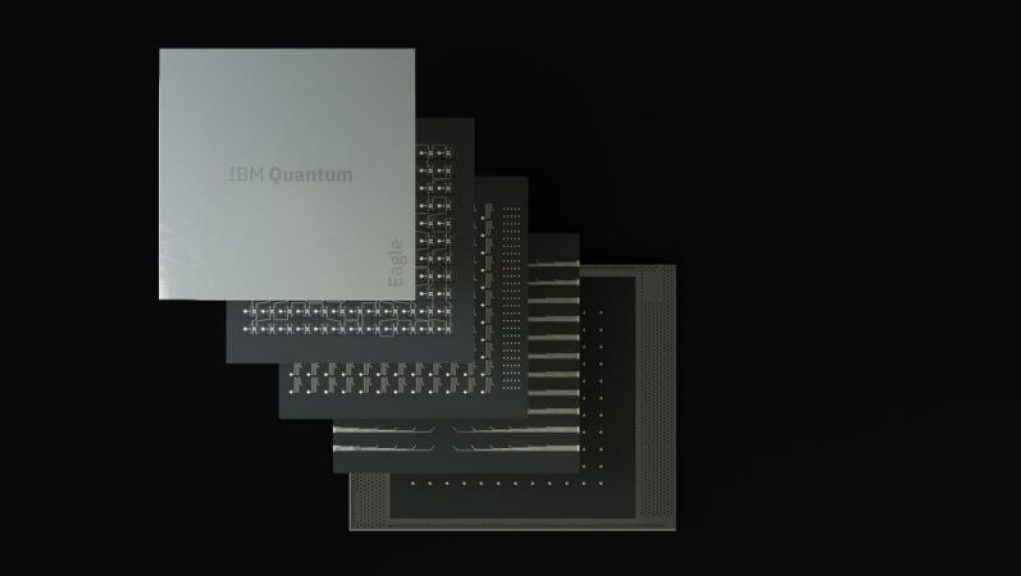Are quantum computers really worth the hype? While they hold immense potential, today’s quantum processors are error-prone, making it difficult to perform accurate calculations. But IBM researchers have found a way to overcome this problem using a technique called “error mitigation.” By intentionally amplifying and measuring the processor’s noise at different levels, they were able to estimate a function that produces similar output as the actual measurements, but with zero noise. This allowed them to produce an accurate result despite the noise in the system, outperforming similar calculations on classical computers.
To test this system, the researchers used an Ising model, which involves a grid of electrons where each electron’s spin influences that of its neighbors. As the number of objects in the model increases, their behavior becomes complex enough that classical computers struggle to calculate their state. But by performing operations on pairs of qubits, IBM was able to simplify the calculations and produce accurate results.
While error-corrected qubits are the long-term solution to quantum computing’s error problem, error mitigation offers a promising solution in the meantime. And with IBM’s success in using this technique, it’s clear that quantum computers can do interesting things even with their current limitations.
IBM recently announced that its researchers have achieved a key milestone in the development of quantum computing: the ability to achieve legitimate results from a quantum processor with accuracy. By compensating for errors, IBM has been able to process data from a quantum processor that is more reliable than it was previously believed to be possible.
The ability to process usable results from a quantum processor is a major breakthrough that could potentially revolutionize the world of computing. As quantum computing has the potential to solve problems that current computers cannot, this announcement marks a major step in the advancement of modern computing technology.
For years, computer scientists have been studying how to create a quantum computer, with the idea that it would operate more quickly and efficiently than current computers. This would enable computers to run certain complex calculations much faster, giving them the potential to solve difficult problems significantly faster than current computers.
However, this potential prospect has been overshadowed by the fact that quantum processors are extremely susceptible to environmental noise, which made it difficult to harness reliable or accurate results from them.
This has changed with IBM compensating for errors with the use of error correction codes. By correcting the errors caused by environmental noise, IBM can accurately process data from a quantum processor despite the noise present.
This technology enables quantum computers to deliver reliable results without having to reduce the noise to ‘silent’ levels. This makes quantum computing both faster and more reliable than ever before.
By compensating for errors and achieving reliable results through its quantum processor, IBM has taken a major step in the development of this revolutionary technology. With this breakthrough, the possibilities of quantum computing are now much closer to being realized.




















